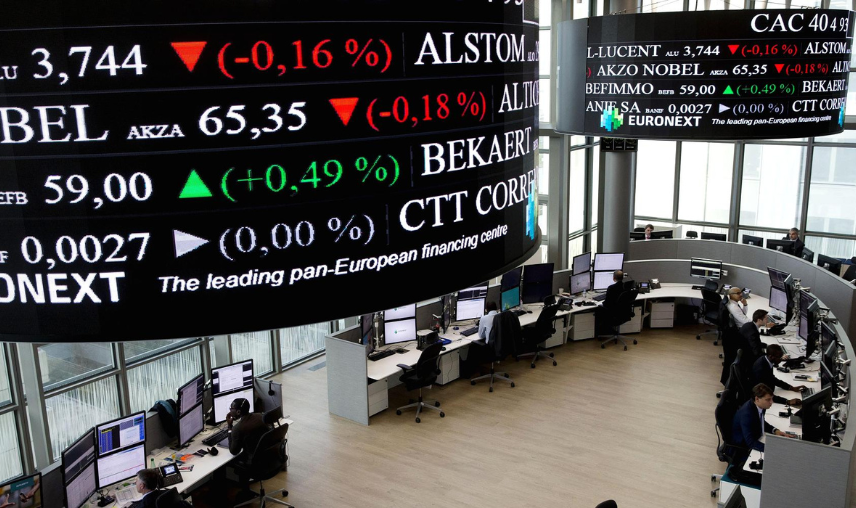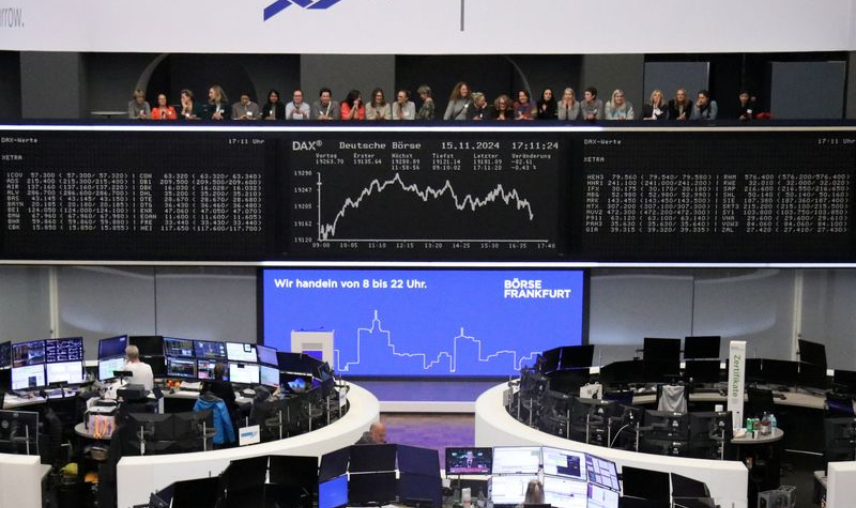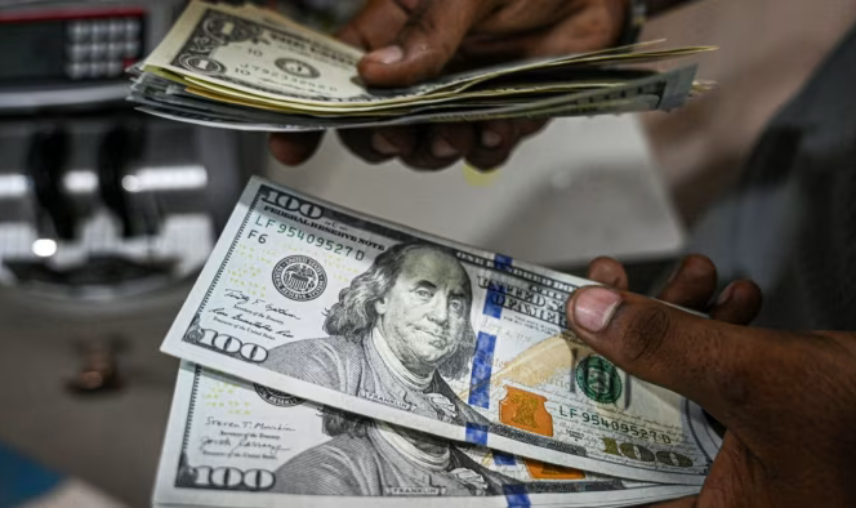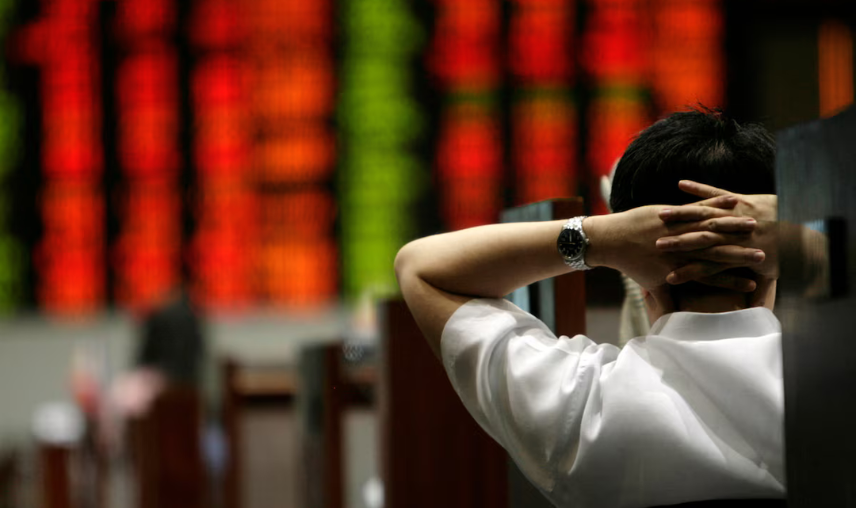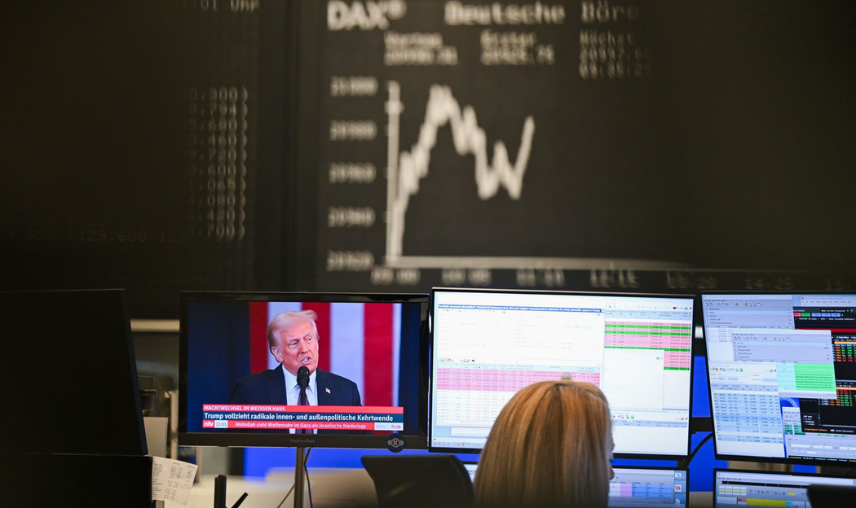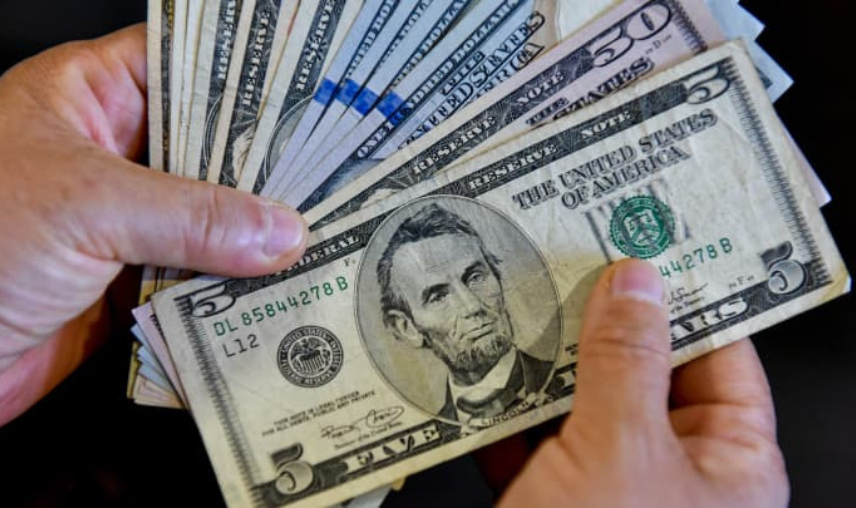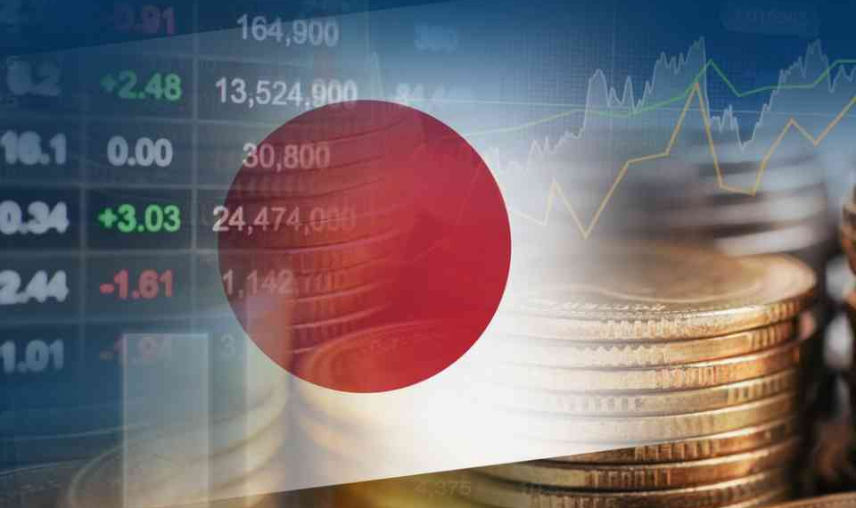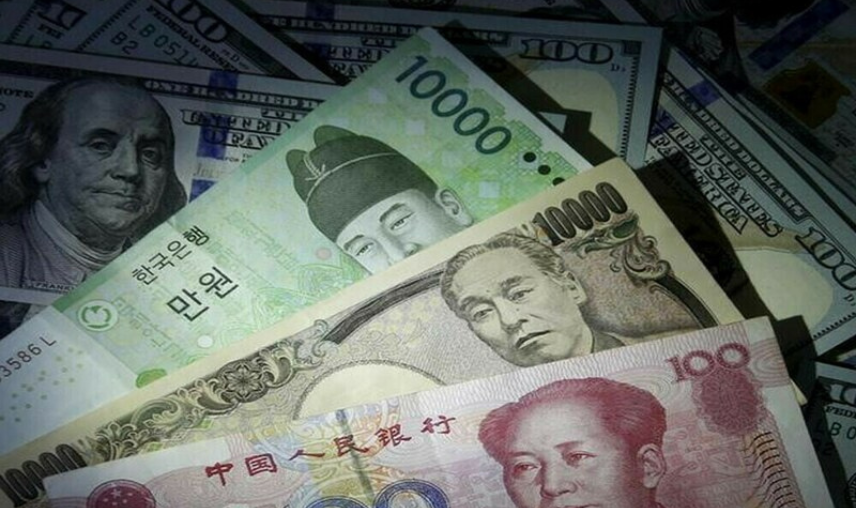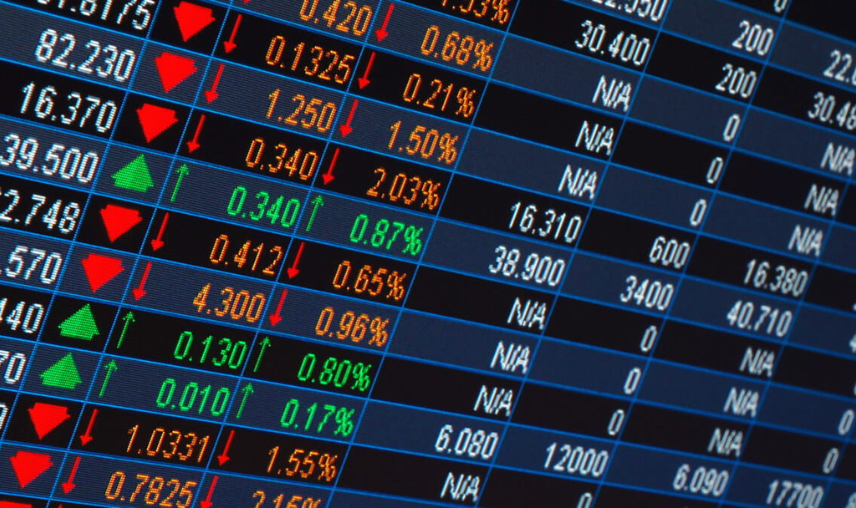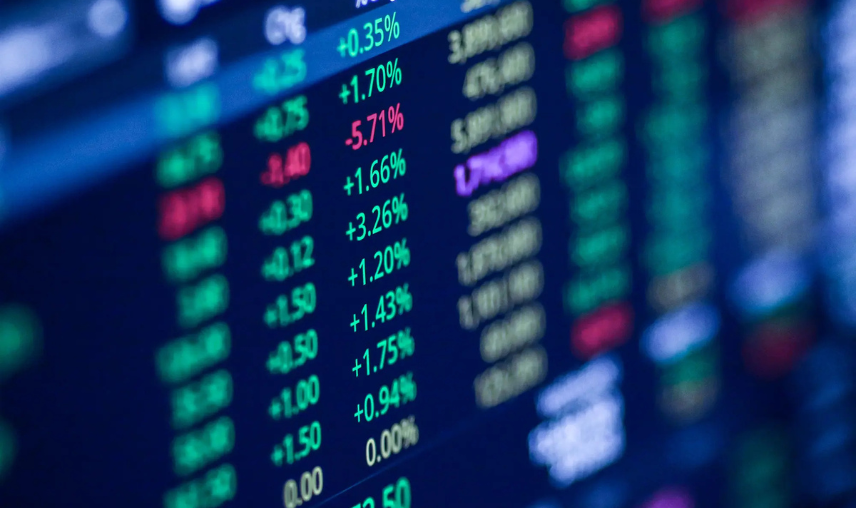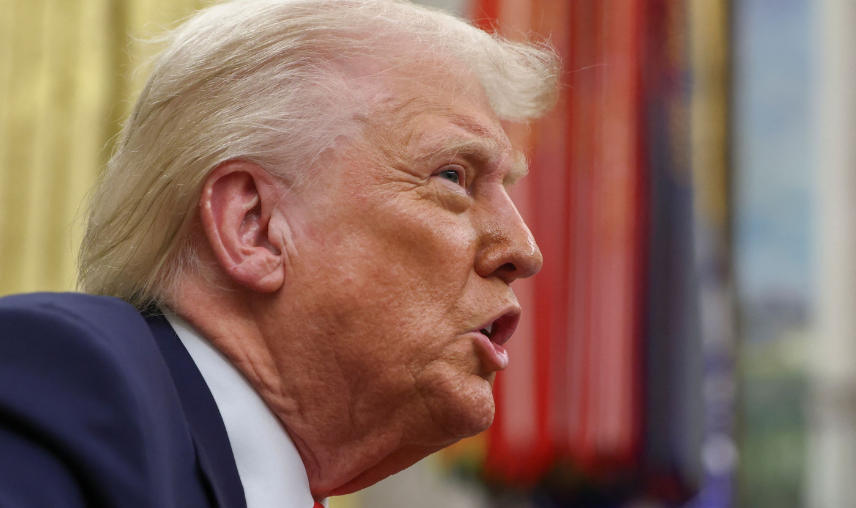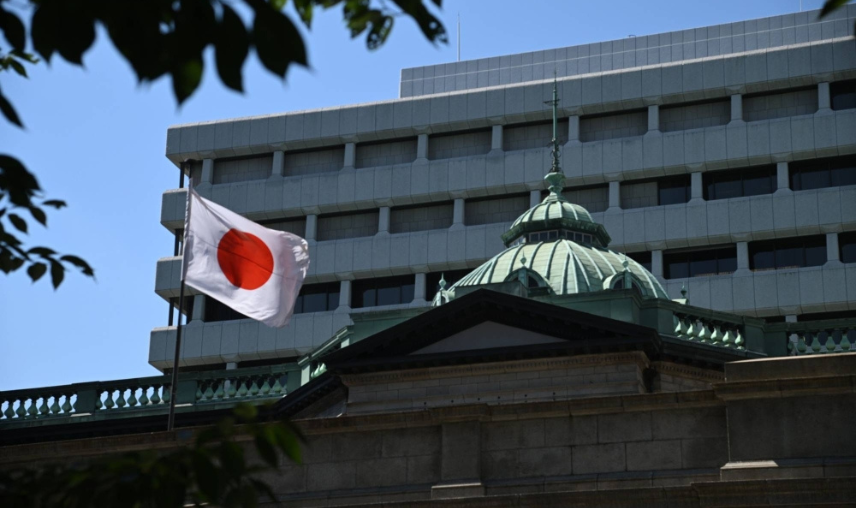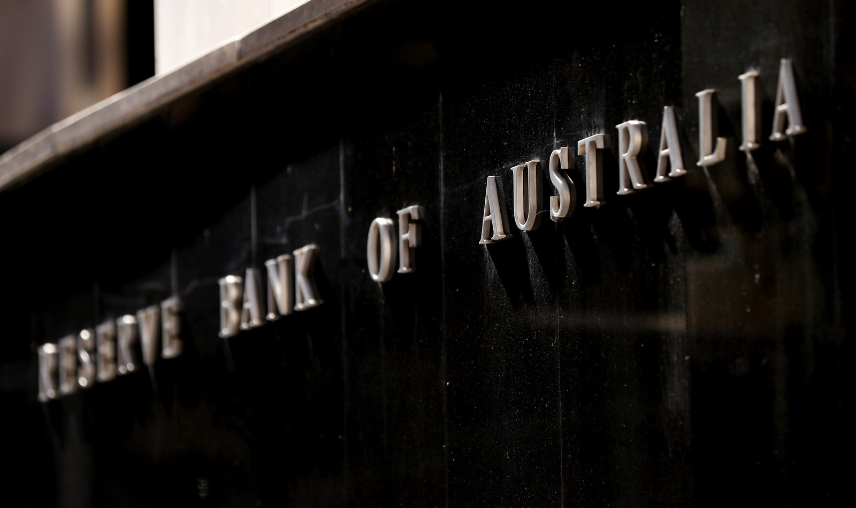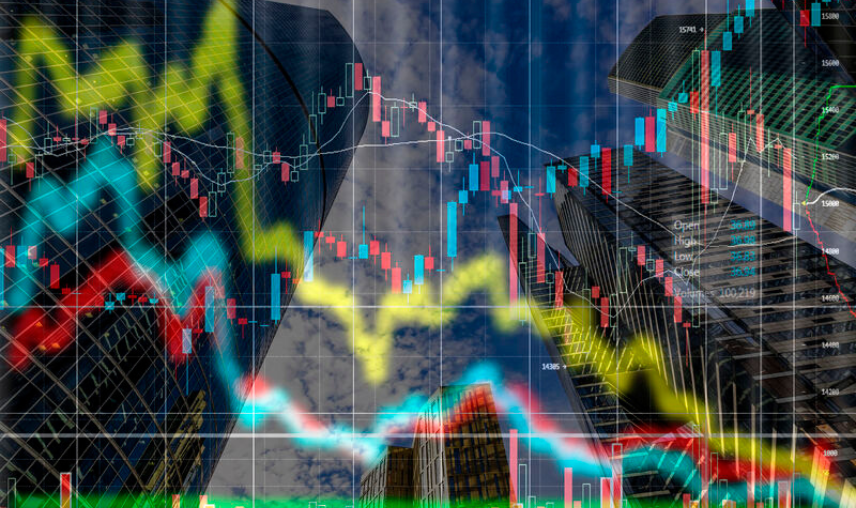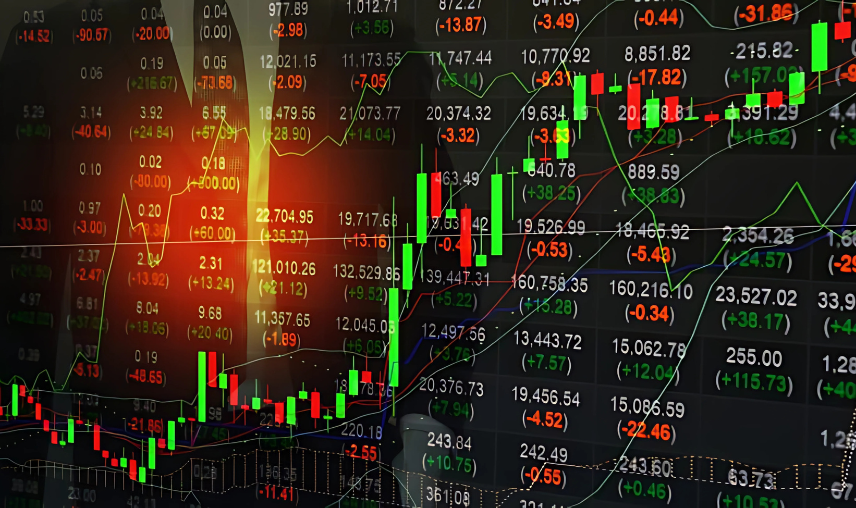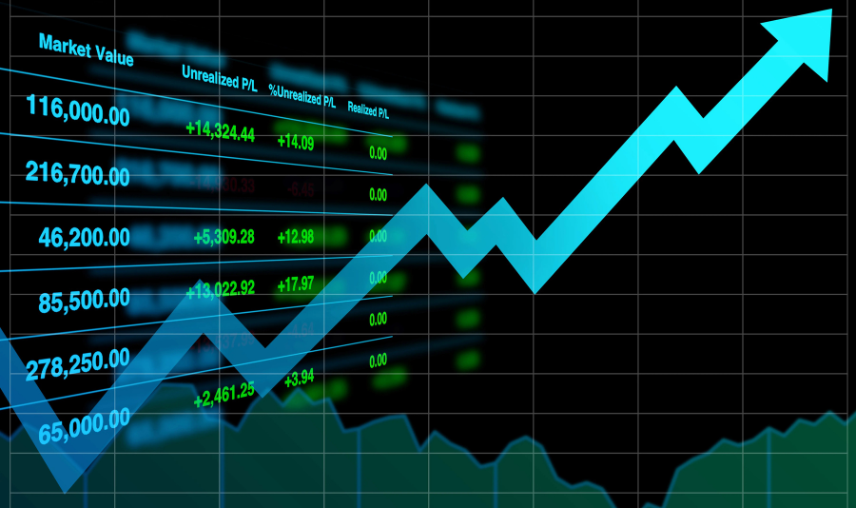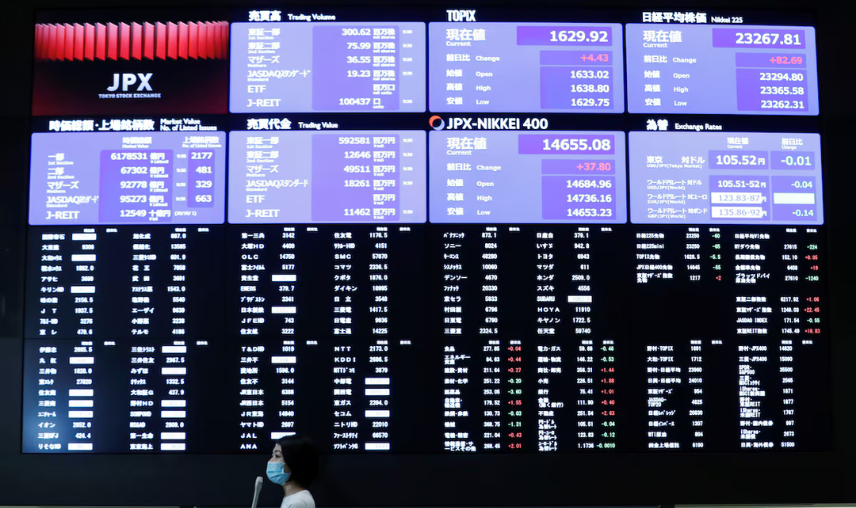
Global markets turned sharply risk-averse on Friday as Asian stocks slid and gold prices hit fresh records, with renewed stress in U.S. regional banks sparking investor concern about broader credit market fragility.
The risk-off rotation — marked by gains in Treasuries, the yen, and bullion — underscored how fragile investor sentiment remains even after months of relative stability.
Zions Bancorporation plunged 13% after revealing a $50 million loss tied to two loans in its California portfolio. Meanwhile, Western Alliance Bancorp dropped 11% following news it had filed a fraud lawsuit involving Cantor Group V, LLC. These disclosures rekindled fears of another banking flare-up reminiscent of 2023.
“This is the kind of headline that makes portfolio managers reassess their exposure,” said David Chao, Global Market Strategist at Invesco Asia-Pacific. “You’re seeing a clear flight to safety — Treasuries, yen, and gold are the day’s winners.”
Gold Leads Safe-Haven Rally
Gold surged to a record $4,378 per ounce, its biggest weekly gain since 2020, while silver also touched new highs. The rally reflects investor hedging against renewed financial instability and expectations of deeper rate cuts from the U.S. Federal Reserve.
The two-year Treasury yield dropped to 3.404%, its lowest in three years, as markets priced in at least two quarter-point rate cuts before year-end.
“Investors are repositioning away from risk assets and into duration-heavy, yield-stable holdings,” said Priya Misra of TD Securities. “Gold’s surge tells us that fear — not greed — is driving allocation decisions.”
Asian Markets Under Pressure
Equities across Asia mirrored Wall Street’s overnight losses.
- The MSCI Asia-Pacific ex-Japan index fell 0.9%, heading for a negative weekly close.
- Japan’s Nikkei 225 slid 1% amid sharp declines in banking stocks.
- China’s CSI 300 and Hong Kong’s Hang Seng both fell 1.4% amid ongoing U.S.-China trade tensions.
- Taiwan’s TSMC declined 0.9% despite reporting record profits, highlighting investor skepticism toward tech-heavy markets under macro pressure.
“Even strong earnings aren’t enough when sentiment flips,” noted Rico Luman, Senior Economist at ING. “Liquidity is tightening, and Asia’s exposure to global credit makes it vulnerable.”
Currency Markets Reflect the Shift
The U.S. dollar weakened broadly, sliding 0.6% on the week to 98.24, as traders rotated into safe-haven currencies.
The Japanese yen gained 0.7% for the week, while the Swiss franc rose 0.9%.
Bank of Japan Governor Kazuo Ueda reiterated the central bank’s cautious stance, emphasizing a data-dependent approach to rate decisions.
“Yen’s strength isn’t about Japan’s economy — it’s pure global fear trade,” said Naoko Sera, FX Strategist at Nomura. “Investors are buying insurance against systemic risk.”
Investor Strategy Outlook: Defensive Rotation Underway
Asset managers are rapidly moving toward defensive plays — increasing exposure to precious metals, government bonds, and low-volatility sectors — while trimming allocations to financials and cyclical equities.
“High-quality bonds and gold are the clear beneficiaries,” said Paul Donovan, Chief Economist at UBS Global Wealth Management. “We’re advising clients to maintain diversification and avoid overleveraged positions.”
The shift is also visible in ETF inflows, with record weekly subscriptions into gold and short-duration Treasury funds, signaling a broader institutional hedging trend.



